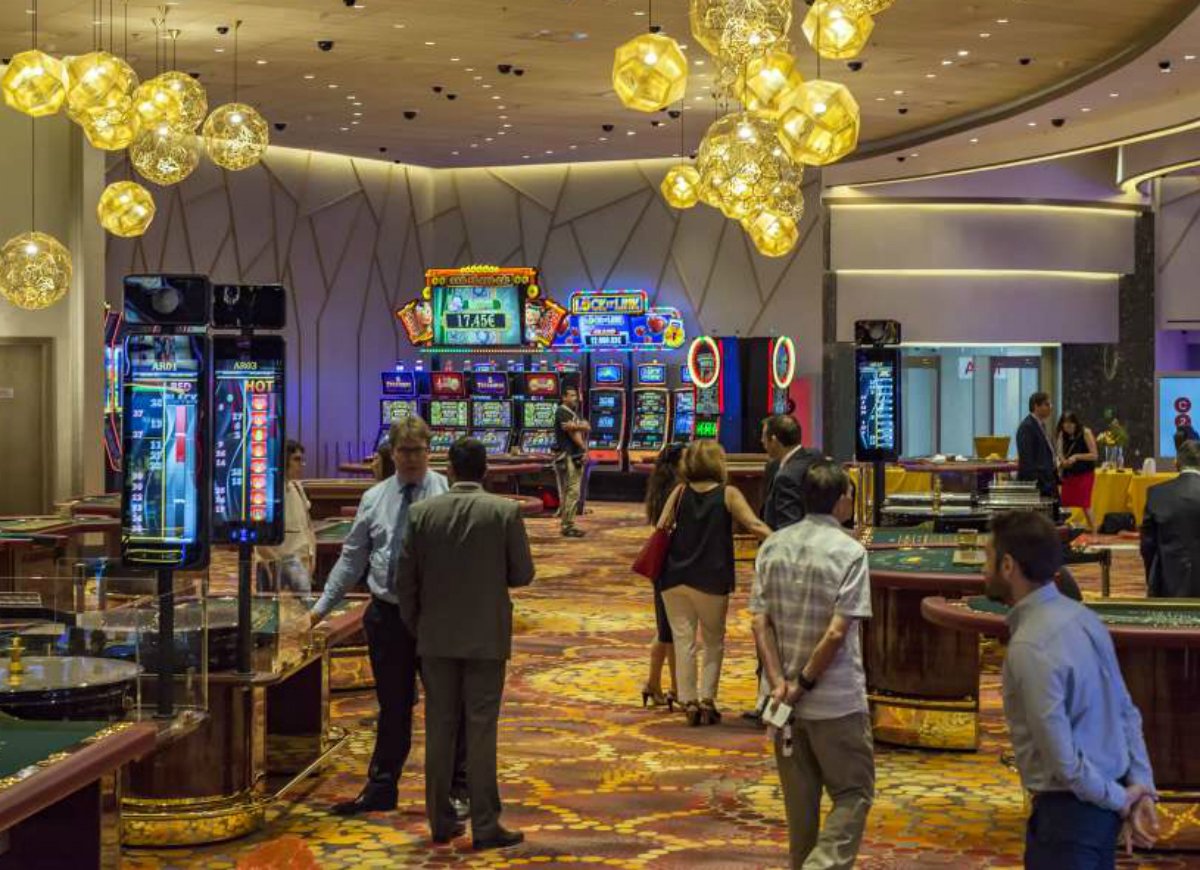Melco Resorts Blames Cyprus Casino Business Slowdown on Illegal Gambling
Posted on: July 11, 2018, 03:00h.
Last updated on: July 11, 2018, 03:00h.
A Melco Resorts official says the first week of business at the company’s temporary casino in Cyprus “has been a real rollercoaster ride.” Illegal gambling seems to be the culprit in the business slowdown on Cyprus for Melco Resorts since they don’t have to abide by the same rules and regulations.

Melco is building the country’s first integrated casino resort at a cost of roughly $645 million. When completed in 2021, the property known as City of Dreams Mediterranean will feature an 80,000-square-foot casino with 1,200 slot machines and 140 table games.
In the interim, Melco has opened a pop-up casino that has 242 slots and 33 tables. City of Dreams Mediterranean President Craig Ballantyne said illegal gambling hubs located on the island are preventing the legal venue from realizing its full gaming revenue potential.
“They (illegal casinos) don’t have the same regulations as we do so it’s not a level playing field,” Ballantyne told the Cyprus Mail. “They give everything free. They give alcohol free, they give cigarettes and tobacco, just about everything and anything.”
Ballantyne said the temporary casino has welcomed 7,000 unique guests, with more than 4,000 of them signing up for the City of Dreams rewards program.
Soft Opening
Melco Resorts, one of the six licensed casino operators in Macau, has been expanding its portfolio to new countries in recent years. City of Dreams Manila opened in the Philippines in early 2015, and the company was heavily invested in a failed casino in Russia. Ballantyne ran Tigre de Cristal, the casino and hotel near Vladivostok.
Cyprus is Melco’s first investment outside of Asia.
Billionaire owner Lawrence Ho remains focused on new territories despite certain challenges. In Cyprus, the Mediterranean island’s widespread illegal gambling is a concern.
“We’re not the only game in town and we never have been, never will be,” Ballantyne concluded. He added that the first week of business was “below expectations.”
However, the business the small casinos spattered across the country attract aren’t exactly the clientele Melco will be chasing. City of Dreams Mediterranean projects to bring 300,000 new visitors to Cyprus each year, and the country is banking on it.
Just four years removed from an economic crisis that was saved by a $13 billion bailout from the European Commission, Eurogroup, European Central Bank, and International Money Fund, the Cyprus government is betting on tourism to grow its economy.
Upon full commencement of operations, City of Dreams Mediterranean is expected to contribute more than $800 million annually into the Cyprus economy. Some 2,500 full-time workers will be employed at the resort.
Regulatory Difficulties
Along with illegal casinos keeping business slow at City of Dreams Mediterranean’s temp venue, Ballantyne says the company is at a disadvantage when it comes to advertising, too.
When Cyprus approved of Melco’s integrated casino resort vision, the country mandated that the company refrain from marketing its games as a way that might change someone’s life through a substantial financial win.
Ballantyne said Melco wouldn’t want to do that anyway, but the country’s Lotto marketing campaign consistently advertising multimillion-dollar jackpots adds further difficulty to the casino attracting players.
“I kind of find that a little bit discriminatory,” Ballantyne stated.
No comments yet